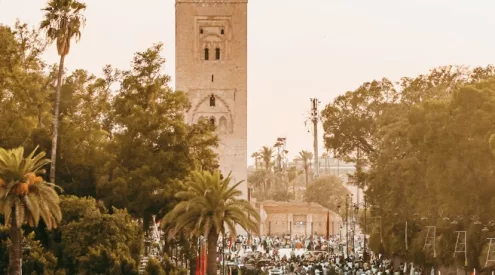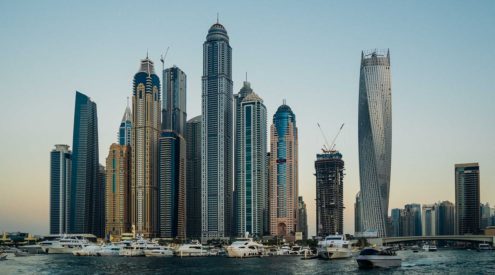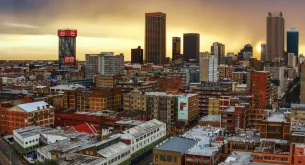A large-scale power outage plunged much of the Iberian Peninsula into darkness on Tuesday, disrupting transport, cutting off internet and mobile networks, and stranding millions of people across Spain and Portugal. By early Tuesday, the majority of the affected areas had regained power.
Red Eléctrica de España (REE), the country’s national grid operator, reported that more than 90% of mainland Spain had electricity restored by morning. Power was also back in Madrid and Portugal’s capital, Lisbon.

Picture/AP News
Widespread impact, uncertain cause
The blackout swept across nearly the entire peninsula, which has a combined population of nearly 60 million, affecting a vast number of homes, businesses, and services. While the exact cause of the outage remains unknown, speculation has been rife online, with unfounded claims of cyberattacks spreading on social media.
Spanish Prime Minister Pedro Sánchez urged caution against jumping to conclusions. “All the potential causes” were under investigation, he said, warning the public “not to speculate” due to the risk of “misinformation” according to Catalan News.
Power disappeared in seconds
Sánchez revealed that around 15 gigawatts of electricity—more than half of the national consumption at the time—vanished within a five-second window. He was unable to confirm when full restoration would be achieved and noted that some workers might need to stay home for the day. Montenegro said Portugal expected its electricity to return “within hours”.
Portugal’s grid operator reported that 6.2 million of the country’s 6.5 million households had power restored overnight.
The effects were also felt beyond the Iberian Peninsula. Parts of southwest France experienced temporary disruptions, while Morocco saw issues with some internet services and airport check-in systems.
Commuters and residents were caught off guard. “This has never happened in Spain,” said 19-year-old construction worker Carlos Candori, who had to evacuate a halted Madrid metro train. “There’s no (phone) coverage, I can’t call my family, my parents, nothing: I can’t even go to work,” he told AFP.
The moment power returned to Madrid after a 10-hour outage.
Would think Spain had scored in a World Cup 😅 pic.twitter.com/v53wKmONCA
— Connor Joyce (@connorjoyceb) April 28, 2025
Disruption across sectors
The blackout, which began just after midday, caused what Sánchez described as “serious disruption” and led to “economic losses in businesses, in companies, in industries.”
The European Commission confirmed it was in contact with Spanish and Portuguese authorities, while European Council President António Costa posted on X that “there are no indications of any cyberattack”.
ALSO READ: Spotlight on Eco-Tourism
Air travel and internet services affected
Air travel was disrupted across the region, with flights in and out of Madrid, Barcelona, and Lisbon affected, according to Eurocontrol, the European air traffic agency.
In Barcelona, the outage caused widespread confusion. Student Laia Montserrat said she was sent home from school when the internet failed. “As the internet wasn’t coming back, they told us to go home… (but) there weren’t trains either,” she said. “Now we don’t know what to do.”
According to internet monitoring group NetBlocks, the blackout led to a “loss of much of the country’s digital infrastructure,” with web traffic dropping to just 17% of normal levels.
Hospitals rely on backup generators
El País reported that Spanish hospitals relied on backup generators to keep critical wards operational, although some medical units experienced power failure.
Part of a global pattern
Major blackouts have hit other nations in recent years, including Tunisia (2023), Sri Lanka (2020), Argentina and Uruguay (2019), and India (2012). Europe also faced a large outage in 2006 when 10 million people across six countries were left without power due to a failure in Germany’s grid.
Follow us on social media for more travel news, inspiration, and guides. You can also tag us to be featured.
TikTok | Instagram | Facebook | Twitter
ALSO READ: Why Dubai is the 4th most booked destination for South Africans

















